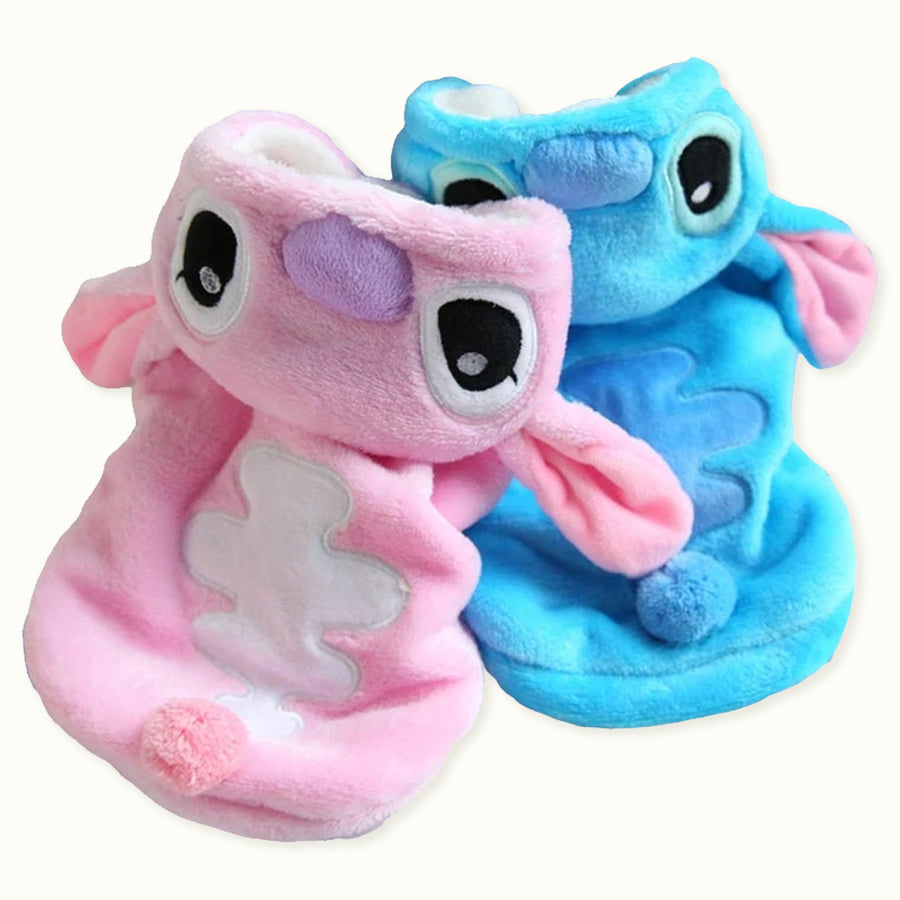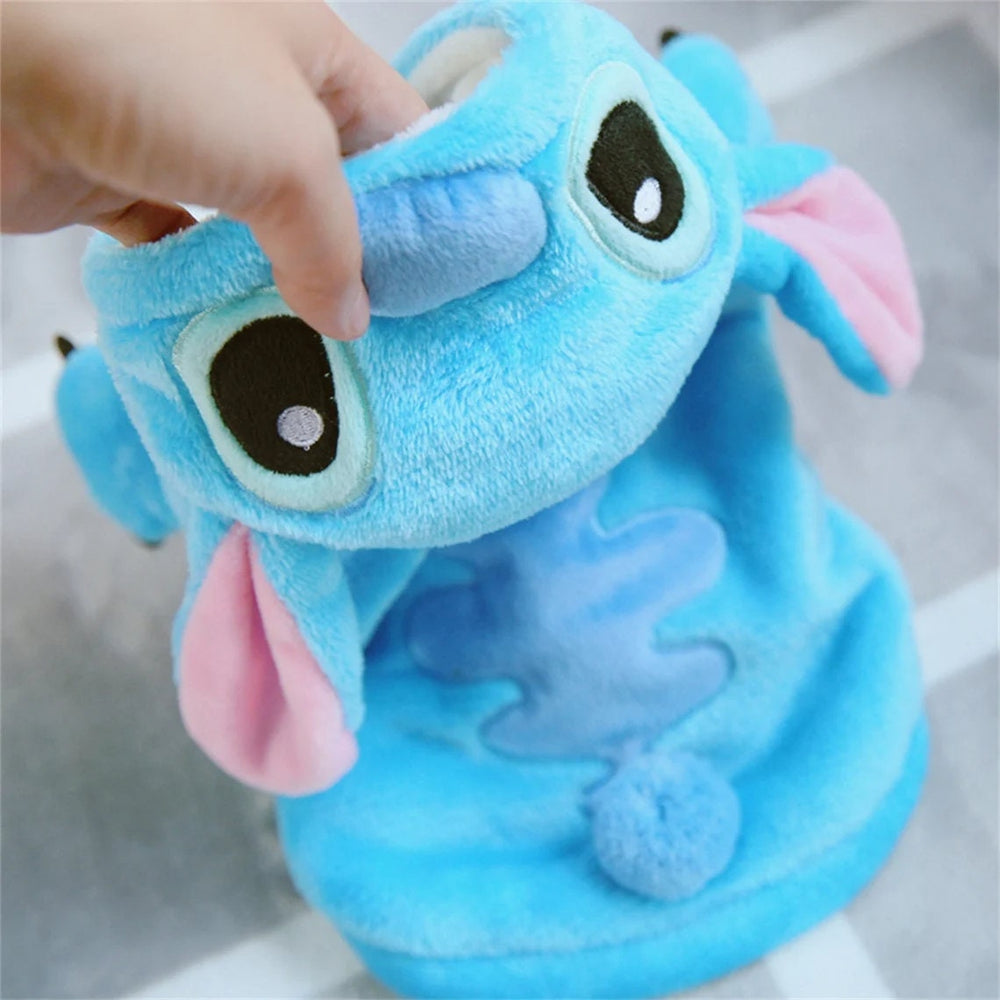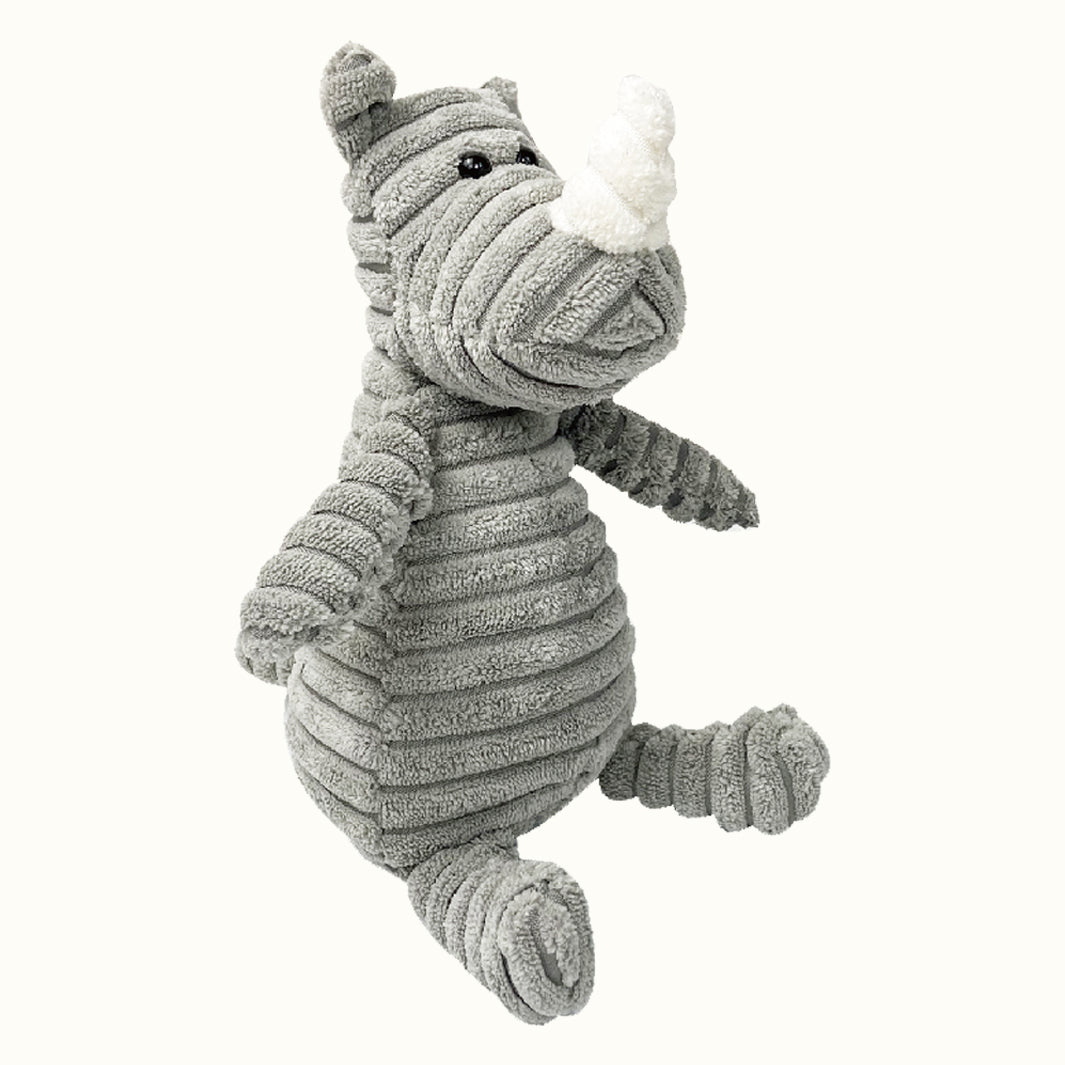Why Is My Cat Sneezing
Cats are known to be graceful and independent creatures, but just like humans, they can also experience health problems. One common issue that pet owners might encounter is their cat sneezing. While an occasional sneeze is normal for cats, frequent or prolonged sneezing can indicate an underlying problem.
There are numerous reasons why your cat may be experiencing this symptom, ranging from simple irritants to serious infections. As a responsible pet owner, it is important to understand the possible causes of your cat's sneezing and how to address them. In this guide, we will discuss some common reasons why your cat may be sneezing and provide tips on how to help your furry friend feel better.
Common Causes Of Cat Sneezing

When your cat sneezes, it is their body's natural way of clearing out their nasal passages. However, if your cat is constantly sneezing or experiencing other symptoms such as discharge from the nose or eyes, it could indicate an underlying issue. Here are some common causes of cat sneezing:
- Allergies: Cats can be allergic to a variety of substances such as pollen, dust, or cigarette smoke. Just like humans, allergies can cause sneezing and other respiratory symptoms in cats.
- Irritants: Your cat may also be sneezing due to irritants in their environment such as strong scents or chemicals. For example, if you recently switched to a new cleaning product with a strong smell, your cat may be sensitive to it.
- Foreign Objects: Cats are curious creatures and can sometimes get small objects stuck in their nose. This can irritate and lead to sneezing.
- Infection: One of the most serious causes of cat sneezing is an infection. Upper respiratory infections, bacterial or viral infections, and even tooth infections can all cause your cat to sneeze.
- Feline Herpesvirus: This is a highly contagious virus that can cause respiratory symptoms in cats, including sneezing. It is important to get your cat vaccinated against this virus to prevent future infections.
What You Can Do To Help
If your cat's sneezing is frequent or accompanied by other symptoms, it is important to take them to the vet for a proper diagnosis. However, here are some steps you can take at home to help alleviate your cat's symptoms:
- Clean their living space: If allergies or irritants are the cause of your cat's sneezing, make sure to regularly clean their living space. This includes dusting, vacuuming, and using mild cleaning products.
- Remove any potential hazards: If you suspect that your cat has a foreign object stuck in their nose, keep an eye on them and remove any small objects from their reach.
- Monitor their diet: A healthy diet can boost your cat's immune system and help them fight off infections. Make sure to provide your cat with a well-balanced, nutrient-rich diet.
- Keep them hydrated: Proper hydration is important for cats, especially when they are sick. Make sure to always have fresh water available for your furry friend.
- Try natural remedies: Some pet owners have found success in using natural remedies such as saline nasal sprays or steam therapy to help alleviate their cat's sneezing. However, always consult with your vet before trying any new treatment.
Can Breed, Age Or Environment Be A Factor?
There is no specific breed or age that is more prone to sneezing than others. However, certain breeds may be more sensitive to allergies or irritants due to their facial structure, such as flat-faced breeds like Persians and Himalayas. Age can also play a factor as older cats are more likely to have weakened immune systems and be susceptible to infections.
Environmental factors can also contribute to a cat's sneezing. For example, if you live in an area with high levels of air pollution or allergens, your cat may be more prone to respiratory issues.
Also, stress can weaken a cat's immune system and make them more susceptible to infections. Make sure to provide your cat with a calm and comfortable living space to help prevent unnecessary sneezing.
As always, if you are unsure about the cause of your cat's sneezing or their symptoms persist, consult with your vet for proper diagnosis and treatment. Remember to always prioritize your cat's health and well-being.
Should I Be Worried?

In most cases, occasional sneezing in cats is nothing to worry about. However, if your cat's sneezing persists or is accompanied by other symptoms such as discharge or difficulty breathing, it is important to take them to the vet for a proper diagnosis and treatment.
Ignoring a potential health issue can lead to more serious complications down the line. As a responsible pet owner, it is important to pay attention to any changes in your cat's behavior and seek medical help when needed.
Plus, taking care of your cat's health not only benefits them but also ensures a happy and healthy life for both you and your furry companion. So don't hesitate to take action if you notice something is off with your cat's sneezing - it may just be the key to keeping them purring for years to come.
Mistakes To Avoid
When it comes to your cat's health, it is important to avoid making these common mistakes:
- Self-diagnosing: While the internet can be a helpful source of information, self-diagnosing your cat's sneezing based on online research can be dangerous. Always consult with a veterinarian for proper diagnosis and treatment.
- Ignoring symptoms: If your cat is displaying any symptoms, it is important not to ignore them. Even if they seem minor, it could indicate a larger underlying issue. Seek medical attention if you notice anything out of the ordinary.
- Skipping vaccinations: Vaccinations are crucial in preventing infections such as Feline Herpesvirus in cats. Make sure to keep your cat up-to-date on all necessary vaccinations.
- Using human medications: Never give your cat any medication without consulting with a vet first. Human medications can be toxic to cats and should never be used as a substitute for proper veterinary care.
- Neglecting regular check-ups: Just like humans, cats need routine check-ups to maintain their health. Make sure to schedule annual visits with your vet to catch any potential issues early on.
By avoiding these mistakes and taking proper care of your cat's health, you can ensure a happy and sneeze-free life for your furry friend.
FAQs
Are Cats More Prone To Allergies Than Dogs?
Both cats and dogs can suffer from allergies, but cats are slightly more susceptible. This is due to their grooming habits - when cats groom themselves, they may accidentally inhale or ingest allergens.
Can My Cat's Sneezing Be A Sign Of Something Serious?
In most cases, occasional sneezing in cats is not a cause for concern. However, if it is persistent or accompanied by other symptoms, it could be a sign of a larger issue and should be checked by a vet.
Does My Cat Need To Be Isolated If They Have A Cold?
If your cat has a cold, it is best to keep them separated from other cats to prevent the spread of infection. However, make sure to still provide them with plenty of love and attention during their recovery.
Conclusion
Cats may sneeze for various reasons, and while it is usually nothing to worry about, it is important to pay attention to their symptoms and seek medical help if needed. Regularly cleaning their living space, monitoring their diet, and keeping them hydrated are simple steps you can take at home to help alleviate your cat's sneezing.
Remember to avoid common mistakes, prioritize your cat's health, and consult with a vet for proper diagnosis and treatment. With proper care, you can ensure a happy and healthy life for your furry friend. Now go give them some extra cuddles - they deserve it!














Leave a comment